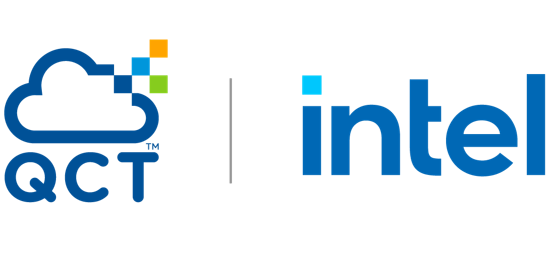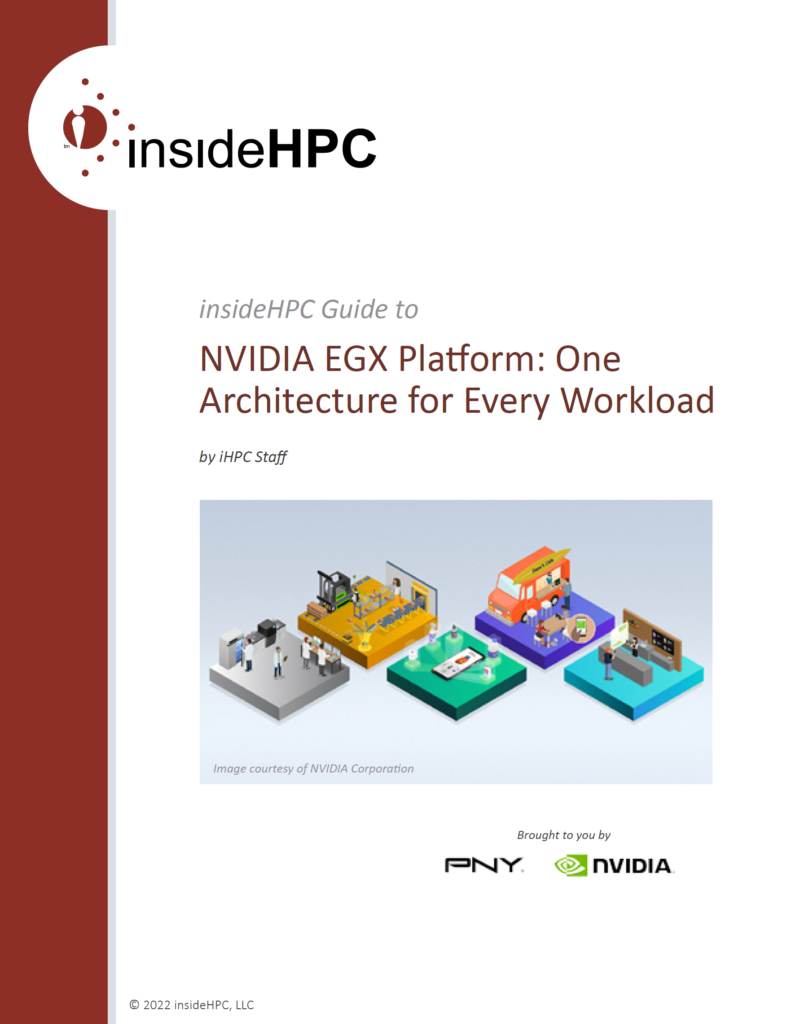BROOMFIELD, Colo., June 14, 2022 – Quantinuum today announced an upgrade to its System Model H1 technology that includes expanding to 20 fully connected qubits and increasing the number of quantum operations that can be completed in parallel.
“The improvements significantly bolster the computational capabilities of the H1-1 quantum computer, Powered by Honeywell, which has set numerous industry records for quantum volume, a measure of overall performance, since debuting in fall 2020,” the company said.
“With these upgrades, developers are able to run more complex calculations than they could before without sacrificing performance,” said Tony Uttley, Quantinuum’s president and chief operating officer. “This upgrade is yet another example of our unique business model of continuously upgrading our systems, even after they are in commercial use, to provide the best performance to our users.”
The upgraded system has undergone extensive testing by internal and external users to verify performance and functionality, including a private preview with JP Morgan Chase.
“The quantum computing team at JPMorgan Chase has been using Quantinuum’s quantum computer to run experiments that use mid-circuit measurement and reuse and quantum conditional logic, taking advantage of the computer’s very high quantum volume,” said Marco Pistoia, Ph.D., Distinguished Engineer and Head of Quantum Computing and Communication Research in the bank. “In our experiments, we used the 20 qubits of the H1-1 computer on a quantum Natural Language Processing algorithm for extractive text summarization. The results were almost identical to the reference values computed with a noiseless simulator, validating the computer’s high fidelity, as shown in our recent arXiv preprint. Thanks to this, the Quantinuum computer continues to be an essential resource for our research in Quantum Computing.”
Several upgrades were made by the Quantinuum team to the H1-1 machine, including:
- Increasing the number of fully connected qubits from 12 to 20 while simultaneously preserving its low two-qubit gate errors (typical performance fidelities of 99.7 percent with fidelities as high as 99.8 percent) and critical features such as mid-circuit measurement, qubit reuse, quantum conditional logic and all-to-all connectivity.
- Increasing the number of gate zones from three to five, enabling the H1-1 to complete more quantum operations simultaneously and allowing increased parallelization in circuit execution.
Uttley said such upgrades prove out an important next step in the H-Series roadmap – the ability to increase the qubit count and number of gate zones without compromising gate fidelity.
The second version of the System Model H1, the H1-2, is scheduled to undergo similar upgrades later this year.
“These latest advances show that we understand what it takes to scale our trapped-ion quantum hardware and that we’re continuing to make the expected progress on our technology roadmap,” Uttley said. “We are adding qubits and maintaining fidelity without compromising any features, which is absolutely essential as we scale to our future H-Series generations.”
Quantinuum uses the System Model H1 machines’ to develop fully integrated solutions such as Quantum Origin, its cybersecurity offering, and InQuanto, its recently released quantum computational chemistry software. (Access to the H1 machines is offered with licenses to InQuanto software.)
Quantinuum also provides commercial access to its trapped ion quantum computers H1-1 and H1-2, as well as the H1 Emulators through Microsoft’s Azure Quantum.
“The continuous upgrading of Quantinuum’s systems has been a great benefit to Microsoft customers. Microsoft is pleased to offer the new capabilities of H1-1 with 20 qubits to customers who access Quantinuum H-systems through Microsoft Azure Quantum and our Azure Quantum Credits program which provides free access to quantum hardware to customers,” said Fabrice Frachon Azure Quantum Principal Program Manager.



